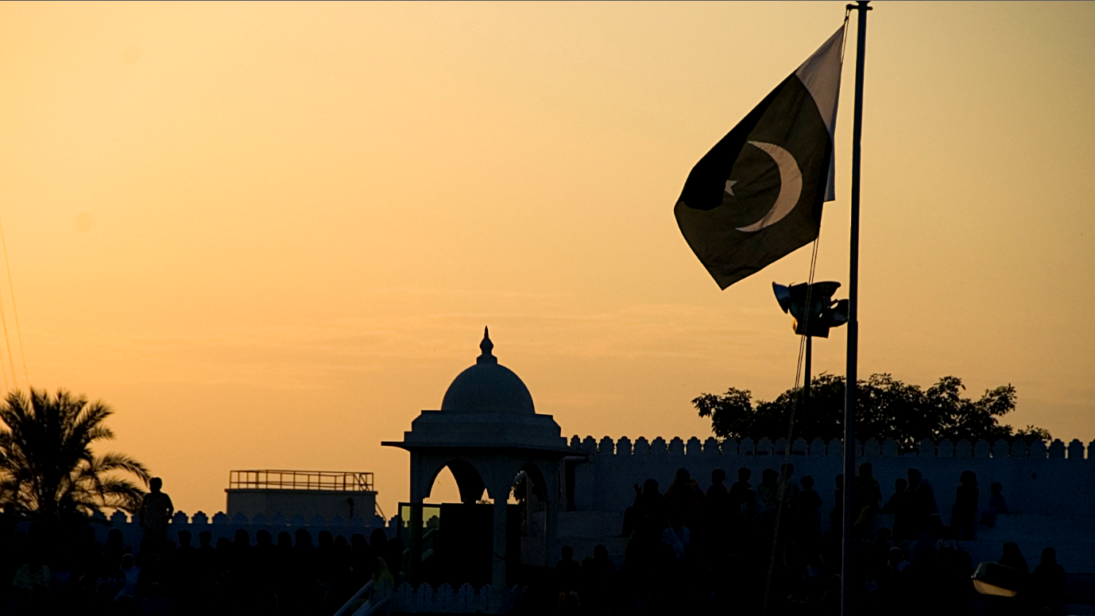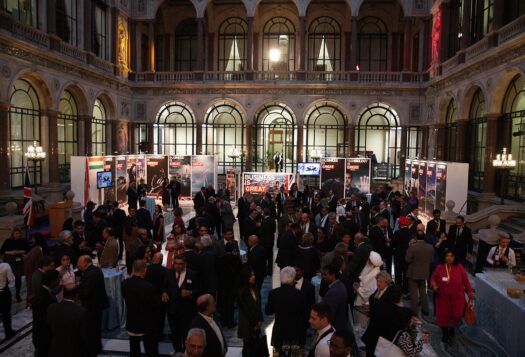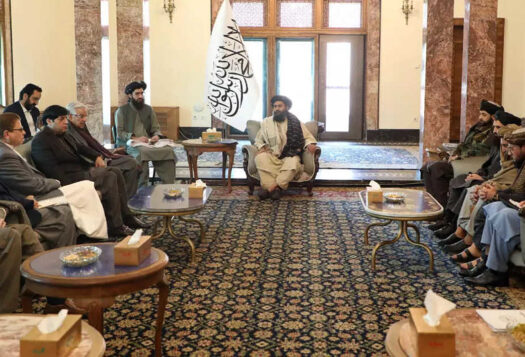
The Pakistan Muslim League-Nawaz’s (PML-N) surprising victory in the recent by-election that took place earlier this month in Punjab–for a National Assembly seat the Pakistan Tehreek-e-Insaaf (PTI) was favored to win—has created an interesting political environment as the country prepares for the next general elections in July. The PTI’s loss in a constituency where it was a clear favorite means that the party’s “narrative of change” may not be adequate to win a general election in a country where local politics are still rooted in caste, feudal, and other patronage structures. PTI has been working on what it calls a political campaign to introduce a type of democracy in Pakistan that doesn’t grant space to dynastic politics and where influential individuals and institutions are not above the law of the land. However, their campaign aimed at convincing the masses to vote for what works for the country rather than what works for their narrow interests may not work.
The source of the problems of Pakistan’s political system is the ruling elite, who have no incentive to push forward democratic reforms, as such a transformation would directly challenge their political influence. Meanwhile, urban and rural middle and lower middle classes are not in a position to put up a struggle to force democratic change in Pakistan. Any rhetoric of true democratic change is not likely to influence the country’s voting patterns, which are tied to caste, social, and power structures. These deep-rooted feudal and tribal dynamics mean that the upcoming election will likely be won by whichever political party has a lineup of candidates with strong patronage links, rather than the most qualified candidates.
Apathy of Ruling Elite and Weakness of Civil Society
Throughout Pakistan’s history, the ruling elite have failed to bring in reforms to uproot an entrenched tribal political structure and build strong democratic institutions in Pakistan. Any attempt to curtail the power of tribal and feudal actors would alienate a critical base of support for Pakistan’s political parties, resulting in electoral ramifications. During the early 1970s, Zulfikar Ali Bhutto tried to introduce land reforms to curb the ruling elite’s hold on state power, but failed to go beyond scratching the surface due to widespread opposition from different ruling circles.
On the other hand, civil society groups in Pakistan have not been able to induce the state to move towards changing the existing political structure. Civil society remains fragmented due to the rural and urban ruling elite’s shared interest of keeping it in check and undermining its organization and potential influence. Similarly, the working class is too weak to introduce a social revolution that would oust the feudal-dominated political structure.

Lack of International Pressure
Pressure on Pakistan to democratize further has not come from international allies with leverage to bring about change. The United States or China have not seen a democratic Pakistan as favorable to their geopolitical regional security and political interests. For instance, Washington has typically preferred to engage with the country’s powerful military to find quick fixes for its regional security and political interests rather than pushing for the deep democratization of Pakistan. Similarly, China and Saudi Arabia, which are also Pakistan’s close allies, have not supported liberal democratic reforms because they themselves lack democratic values when it comes to empowering the masses. It seems the international community sees a democratic Pakistan as largely an impediment to achieving their geopolitical interests.
Conclusion
The country’s ruling elite need to realize that the existing political structure in Pakistan is only undermining the process of modernization and true democratization, which does not bode well for the country’s long-term future. Moreover, Washington and Beijing need to push Pakistan’s ruling elite toward modernization, for only a deeply transformed and progressive society which accepts democratic norms and values can truly welcome democracy.
Beyond the formal constitutional structure, the current political arrangements in Pakistan only strengthen the undemocratic mindset in the country. The upcoming general election later this year will be another instance when caste, ethnic and family interests will complete for power at the expanse of true democracy and change. The recent by-election in Punjab was another instance when the winning candidate only secured victory due to his support base among various influential ethnic groups and other patronage links in the constituency. This only indicates that the upcoming election is going to retain the same elite political groups and forces to power rather than empowering general masses by working for their lives and concerns.
***
Image 1: bm1632 via Flickr (cropped)
Image 2: Banaras Khan via Getty


